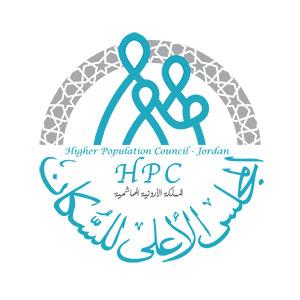

HPC participated in the fourth conference on “Power, Borders and Ecologies in Arab Societies: Practices and Imaginaries”, organized by the Arab Council for the Social Sciences (ACSS) in Beirut during 12-14/2019.
The conference revolved around three axes represented in the power and policies that shape and reproduce Arab societies; borders, migration and displacement in addition to ecologies, societies and violence.
Furthermore, the conference addressed several topics, including health and livelihoods in the Arab region: well-being, vulnerability and conflict; Arab Social Science Monitor and the mechanisms thereof; the social sciences in Algeria: practices, challenges and horizons and The Doha Historical Dictionary on Arabic investments in scientific research on social and human sciences.
During her presentation of a working paper on “health and livelihoods in the Arab region: well-being, vulnerability, conflict and sustainable development goals” as part of the panel on health and livelihoods in the Arab region, HPC Secretary, Dr. Abla Amawi reaffirmed that the 2030 Sustainable Development Plan involves a transformative vision which aims to achieve balance between the three dimensions of sustainable development: Economic, social and environmental and pursue human rights for everyone.
Amawi pointed out that there is a material connection between health, well-being and sustainable development. Health is considered an advanced indicator for the achievement of the rest of the objectives and an outcome of successful sustainable development. Furthermore, Amawi noted that there is a need to formulate new indicators for monitoring progress in health improvement and poverty eradication and strengthening accountability for development policies. Moreover, the health concept should be identified through the broader scope of economic, social and environmental circumstances, as it is connected to poverty, gender equality and growth, among other fields.
Furthermore, Amawi stated that the main challenges facing sustainable development objectives are represented by the orientation of some who consider them to be a statement of ambitions as a voluntary agreement rather than a binding undertaking. Moreover, the agenda of such goals is a broad and diverse one, the measurement and management of which is difficult. There is also a need to integrate strategies and methodologies in the operationalization of the objectives in order to put emphasis on the connection between them. This is in addition to the importance of promoting the national, regional and local efforts in all fields as a requirement for the successful achievement of the sustainable development objectives.
On the sidelines of the Conference, Amawi also participated in the third meeting of the advisory committee of ACSS Dataverse project, which is considered one of ACSS initiatives aiming to create a database for social sciences in the Arab region to be used by sociologists.
It should be noted that ACSS is considered an independent regional institution dedicated to strengthening social science research and knowledge production in the Arab world. By supporting researchers and academic/research institutions, the ACSS aims to contribute to the creation, dissemination, validation and utilization of social science research and to enrich public debate about the challenges facing Arab societies.







